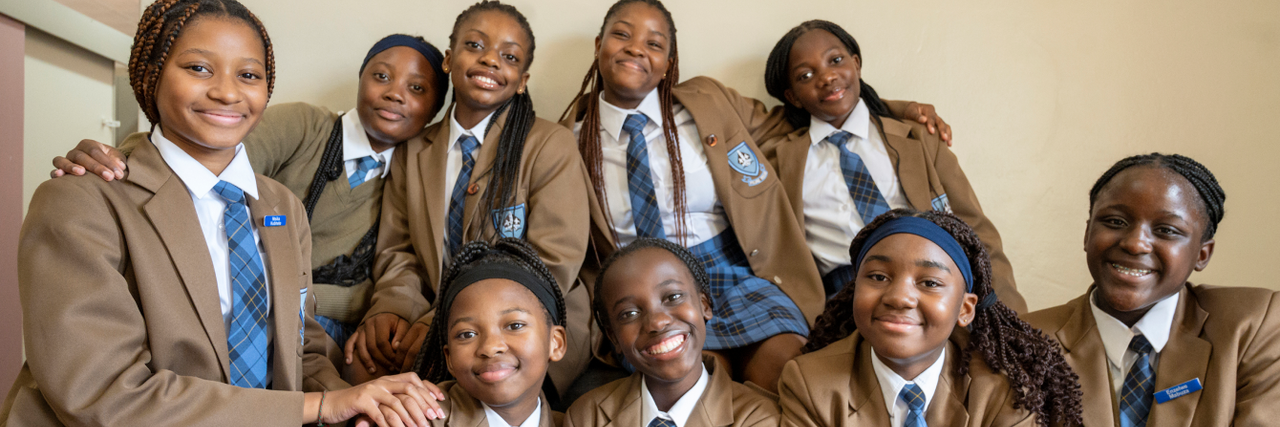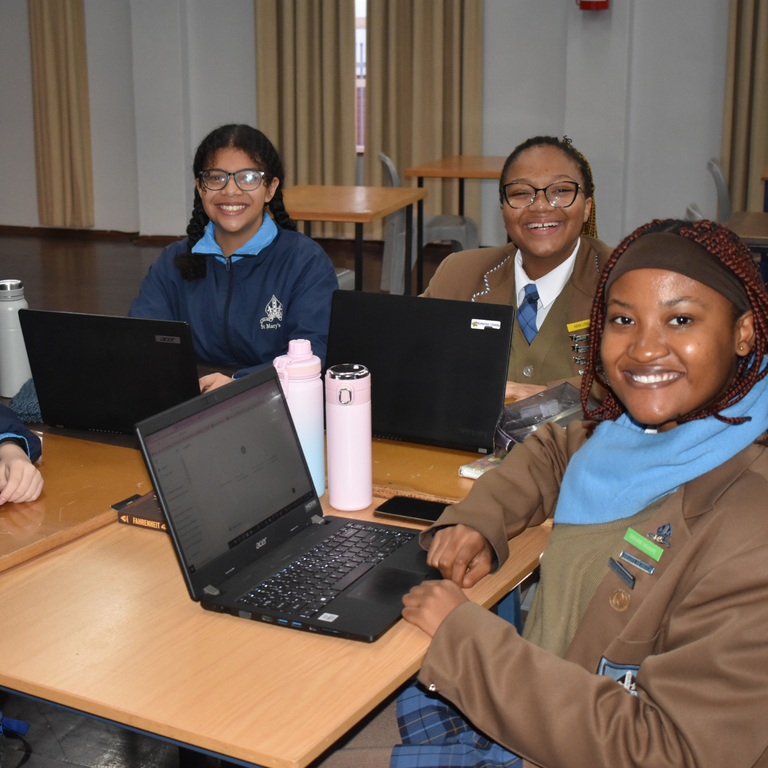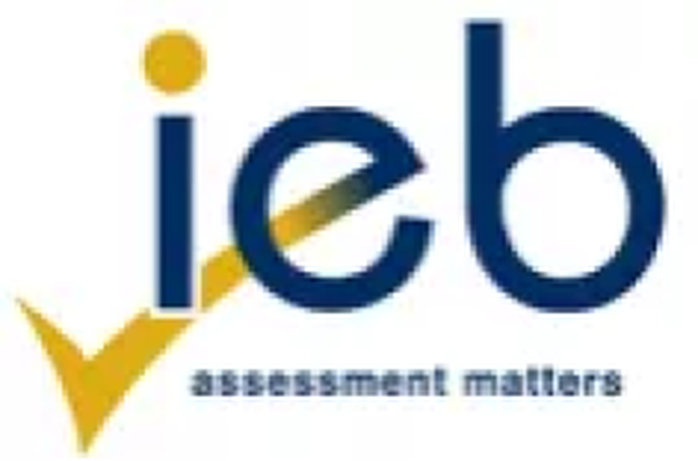
Senior School
Mentorship
Each grade (Grades 8 to 12) is headed by a grade head who is responsible for maintaining a high standard of student achievement and wellness in the specific grade.
Mentor teachers are members of the grade head team. A mentorship programme has been established where a teacher is assigned to mentor the same group of students for the duration of their Senior School career. As the teacher moves with the class from year to year, strong bonds are fostered.
A mentor teacher accepts general responsibility for the leadership and pastoral care of learners in the mentor group. The role of a mentor teacher covers students’ spiritual, academic and personal development.
It involves working closely with the girls in the mentor group, their parents, subject teachers, grade heads, the director of boarding, the director of sport, the director of music, the Centre for Growth and Wellness and the deputies of academics and student character and wellness, when necessary.
House system
The house system creates smaller, more closely knit groups within the larger school community, allowing students to feel a strong sense of belonging and identity. The houses are St George, St Patrick, St Andrews and St David.
The system provides a platform for students from different grades to come together, fostering sisterhood and connections that otherwise may not have developed. This sense of community helps students feel more connected to their school and peers.
Social and emotional learning
Through our social and emotional learning programme, we emphasise mindfulness and self-regulation for both students and adults. Teachers are tasked with incorporating mindfulness practices into their classroom routines, and modeling self-regulation skills when responding to challenging behaviour. This curriculum is integrated into various aspects of the school day and covers topics such as emotional regulation, empathy and decision-making.
The goal is to offer a balanced approach to rules and procedures that promote positive behaviour and support the principles of “conscious discipline”.
Conscious discipline is an approach to classroom management and social-emotional learning that focuses on creating a safe, caring and respectful environment for both teachers and students. It was developed by childhood education and developmental psychology specialist Dr Becky Bailey and is based on principles from neuroscience, child development, social-emotional learning and brain research.
The approach aims to teach students self-regulation skills, promote positive behaviour and build healthy relationships. As a school, we believe positive relationships are key to promoting positive behaviour. Based on this, we have identified rules and procedures that align with the principles of conscious discipline and emphasise mutual respect and responsibility.
Student support referrals
The school is committed to all students achieving their academic potential and provides appropriate assistance where necessary. We recognise that each student has unique needs and challenges and provide tailored support to ensure their success.
Teachers or parents may refer students who require additional academic, emotional or social support to the student support team. Referral letters should outline the student’s academic challenges and any other relevant information that may help the support team provide effective assistance.
Pastoral meetings
Pastoral meetings are held once a term to discuss students’ progress and well-being. The pastoral team consists of the grade head, mentor teachers, head of academics, head of girls’ character and wellness, director of boarding, school psychologists and nursing sisters.
Minutes of these meetings are recorded and kept on file, providing a detailed record of any concerns raised and support offered to students.
Individual support plans: For students who require ongoing academic support, an individual support plan may be developed. A support plan outlines specific goals and objectives for the student, as well as the support measures implemented to help them achieve these goals.
Accommodation applications and communications: Students with specific learning needs or disabilities may require accommodations to support their academic progress. The school facilitates these accommodations by assisting students with application processes and communicating with stakeholders such as teachers and parents.
Centre for Growth and Wellness
The school recognises the importance of supporting students with mental health or well-being challenges and provides counselling and support to ensure they get the help they need. We also have several initiatives to promote mental health and well-being.
These initiatives include the Centre for Growth and Wellness, which provides counselling services to students experiencing mental health or well-being difficulties. The centre comprises a multidisciplinary team of professionals that work closely with St Mary’s DSG to provide a comprehensive therapeutic, referral and advisory service to the school community as a whole.
Services include:
- Individual and group therapy
- Parent guidance
- Teacher guidance
- Assessments (developmental, psycho-educational, accommodations, etc.)
- Crisis control
- Grade-specific/whole-school intervention and psycho-educational programmes
- Training (talks, workshops, etc.) with teachers, parents and the larger community
- Referrals to and liaising with outside professionals

Safeguarding policy
Our goal is to provide a comprehensive safeguarding framework that aligns with industry standards and is continuously updated and communicated to stakeholders.
The Guardian. The school has contracted with The Guardian, a company that specialises in child protection, as our official safeguarding partner. The Guardian provides safeguarding training to educate our staff on all aspects of safeguarding, including the legal requirements around the mandatory reporting of incidents.
This is an essential component of any safeguarding framework, as it ensures that all staff members are equipped with the knowledge and skills they need to identify and respond appropriately to safeguarding concerns.
We also provide:
Student training. Our life orientation programmes include a curriculum that focuses on personal safety and protection, including anti-bullying programmes, assertiveness workshops and personal safety. These programmes help students understand the importance of being respectful and responsible in their interactions with others, and how to respond if they witness or experience bullying.
Anonymous reporting. We have launched an anonymous reporting app that students can use to report incidents of bullying or other safety concerns. This helps students feel comfortable reporting incidents without fear of retaliation and can help the school respond more quickly and effectively.
Social media guidelines. The school has a clear social media policy and student agreement for internet use that outlines the expectations and responsibilities of students when using technology. This includes guidelines for appropriate and ethical use of technology, consequences for misusing technology, and procedures for reporting any incidents of cyberbullying or inappropriate online behaviour.
Digital citizenship training. St Mary’s DSGl provides digital citizenship training for both staff and learners, to convey the importance of being responsible and ethical in their use of technology. This includes training on privacy, security and online reputation management.


